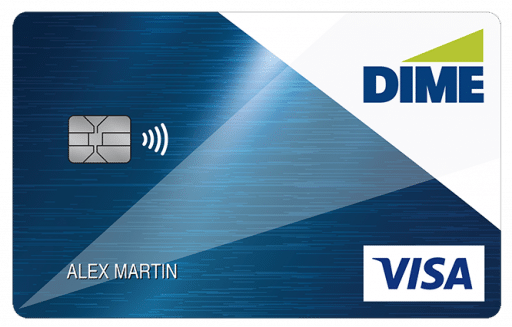
Security
Text Message Scams
Scammers use fake text messages to deceive you into sharing personal information such as passwords, account numbers, or Social Security numbers. If they get that information, they could gain access to your bank account, email, or other important accounts. They may also sell your information to the highest bidder.
Tips For Avoiding Text Message Scams
A scammer might
- Try to get you to click on links in text messages by promising you something.
- Send fake messages that say they have information about your account or a transaction.
- Ask questions about your income, debts, or financial information (such as your bank account, credit card, or Social Security number) to proceed with claiming a gift or pursuing an offer.
- Also send you links which lead to fake websites. These websites mimic popular sites to trick you into entering login or credit card details.
What to look for
- Promises of free prizes, gift cards, or coupons — but they’re not real
- Offers you a low or no interest credit card — but there’s no deal and probably no card
- Promises to help you pay off your student loans — but they won’t
- Say they’ve noticed some suspicious activity on your account — but they haven’t
- Claim there’s a problem with your payment information — but there isn’t
- They send a fake invoice and instruct you to contact them regarding unauthorized purchases, which is a scam.
- Send you a package delivery notification— but it’s fake
What you can do
- Your phone may have an option to filter and block spam or messages from unknown senders. Learn to filter and block messages on an iPhone and how to block a phone number on an Android phone.
- Copy the message and forward it to 7726 (SPAM). This helps your wireless provider spot and block similar messages in the future.
- Report it to the FTC at ReportFraud.ftc.gov.
How to Report
- If you or your business fall victim to a Business Email Compromise (BEC) scam or Email Account Compromise (EAC) scam, it’s important to act quickly. If you are a fraud victim, contact your financial institution immediately to request fund recall. Regardless of the amount lost, file a complaint with www.ic3.gov or, for BEC/EAC victims, BEC.ic3.gov, as soon as possible.
Other Scams to be on the look out for
Stay informed and stay safe! Scammers keep evolving their tactics, so it’s important to stay up-to-date on the latest scams in order to protect yourself and your loved ones.
Fraud Prevention Solutions
Your security is our top priority. That’s why Dime offers fraud prevention solutions that can help you identify, report, and prevent fraud.
Check
Positive Pay
Check-based fraud prevention by matches checks presented for payment against a list of checks issued by your business.
Learn MoreACH
Positive Pay
Prevent fraud related to ACH transactions by using our system, which enables your business to monitor and manage such transactions. You can use filters and blocks to ensure that all ACH transactions posted in your account are legitimate.
Learn MoreDebit Card
Security
Protection from identity theft and unauthorized spend.
• ID theft protection*
• Zero liability protection**
• Fraud monitoring text alerts
Learn MoreSavvy
Money
The first step toward improving your credit is understanding your credit. That’s why Dime online banking includes Savvy Money. A service that helps users access their rating, learn the factors most impacting it, and how to improve it.
Learn More* Terms, conditions, limitations and in some cases enrollments are applicable – please see the Mastercard Guide to Benefits for Debit Cardholders.
** You’re not responsible for unauthorized transactions that you promptly report to us if you have taken ordinary care of your card and PIN.

